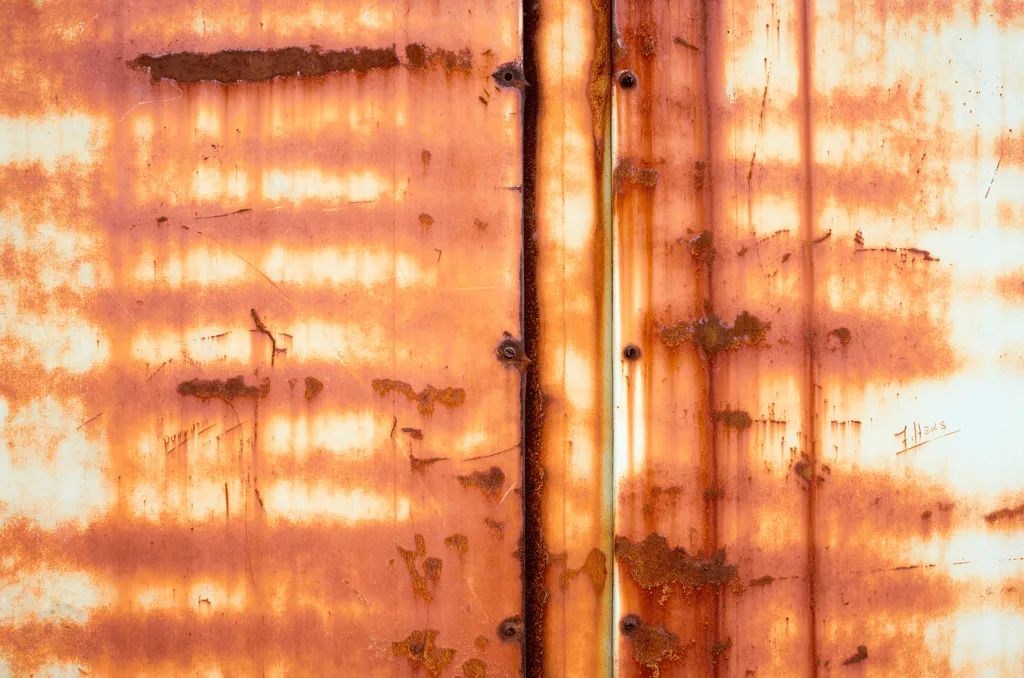Ferrous and non-ferrous metals
Published date: 23 January 2023

What are ferrous and non-ferrous metals?
Ferrous and non-ferrous metals are two distinct categories of metal. Ferrous metals are primarily composed of iron. Non-ferrous metals do not contain iron.
The most common ferrous metals are cast iron, wrought iron, engineering steel, and carbon steel. Steel is an alloy of iron and carbon, originally created to improve the strength of iron. There is evidence of steel production as early as 1800 BC.
Non-ferrous metals are a wide category, including metals such as aluminium, lead, copper and zinc and alloys such as brass. The category also includes precious metals such as gold and silver and rare metals (mercury, lithium, etc.).
What are the properties of ferrous and non-ferrous metals?
Generally speaking, ferrous metals are strong and durable but more prone to rusting than non-ferrous metals. This is because ferrous metals contain iron, which corrodes easily in the presence of oxygen and moisture. Non-ferrous metals, on the other hand, are much more resistant to corrosion as they lack iron and therefore don’t suffer from rusting as easily. Ferrous metals are also magnetic, which makes them useful in motor and electric applications.
Non-ferrous metals tend to be lighter and more malleable than ferrous metals. This makes them ideal for applications where weight is an important factor. In addition, non-ferrous metals often have higher conductivity than ferrous ones, making them suitable for electrical components, such as wiring or circuit boards. Also, non-ferrous metals lack magnetic properties.
Uses of ferrous metals
Ferrous metals are most commonly employed in the construction industry, due to their tensile strength and durability. They are often used in building large structures such as bridges and skyscrapers, but also in everyday items such as kitchen utensils, pipes and nails.
Here are the most common ferrous metals, their composition and examples of their uses:
- Cast iron. An alloy of iron, carbon and silicon. Used in cookware, stoves, pipes and car engines.
- Wrought iron. Made from iron and a very small amount of carbon. Used for chains, nails, fencing and rails.
- Carbon steel. An alloy of iron and carbon. It is the most widely used material in construction: bridges, skyscrapers, ships and industrial piping are made of carbon steel.
- Engineering steel. An alloy of iron, carbon and other metals (e.g. chromium, copper). Used in construction, machinery, medical equipment and appliances.
Uses of non-ferrous metals
Non-ferrous metals are used in a wide variety of industries due to their desirable properties, such as being lightweight, corrosion-resistant or having a low magnetic permeability. Their applications range from electronics to airships.
Here are some of the most common non-ferrous metals and examples of their uses:
- Aluminium. Lightweight and ductile, this metal is commonly used in aerospace equipment, food cans and kitchen utensils.
- Copper. Highly conductive for electricity and heat, copper is mainly used for electrical components.
- Zinc. This metal is widely used to protect iron or steel from rust. The process of coating metal surfaces with a layer of zinc is known as galvanising.
- Brass. An alloy of copper and zinc. Highly conductive for electricity and heat. Used in electrical appliances, locks, ornaments and piping.
At Conro Electronics, we’ll show you how to improve product reliability while increasing performance and lowering costs. Our team of technical support specialists will provide your company with dependable global supply, unrivalled efficiency, and superior technical support.
Feel free to contact us on 0208 953 1211 or send us an email to info@conro.com




Comments
There are currently no comments, be the first to comment.